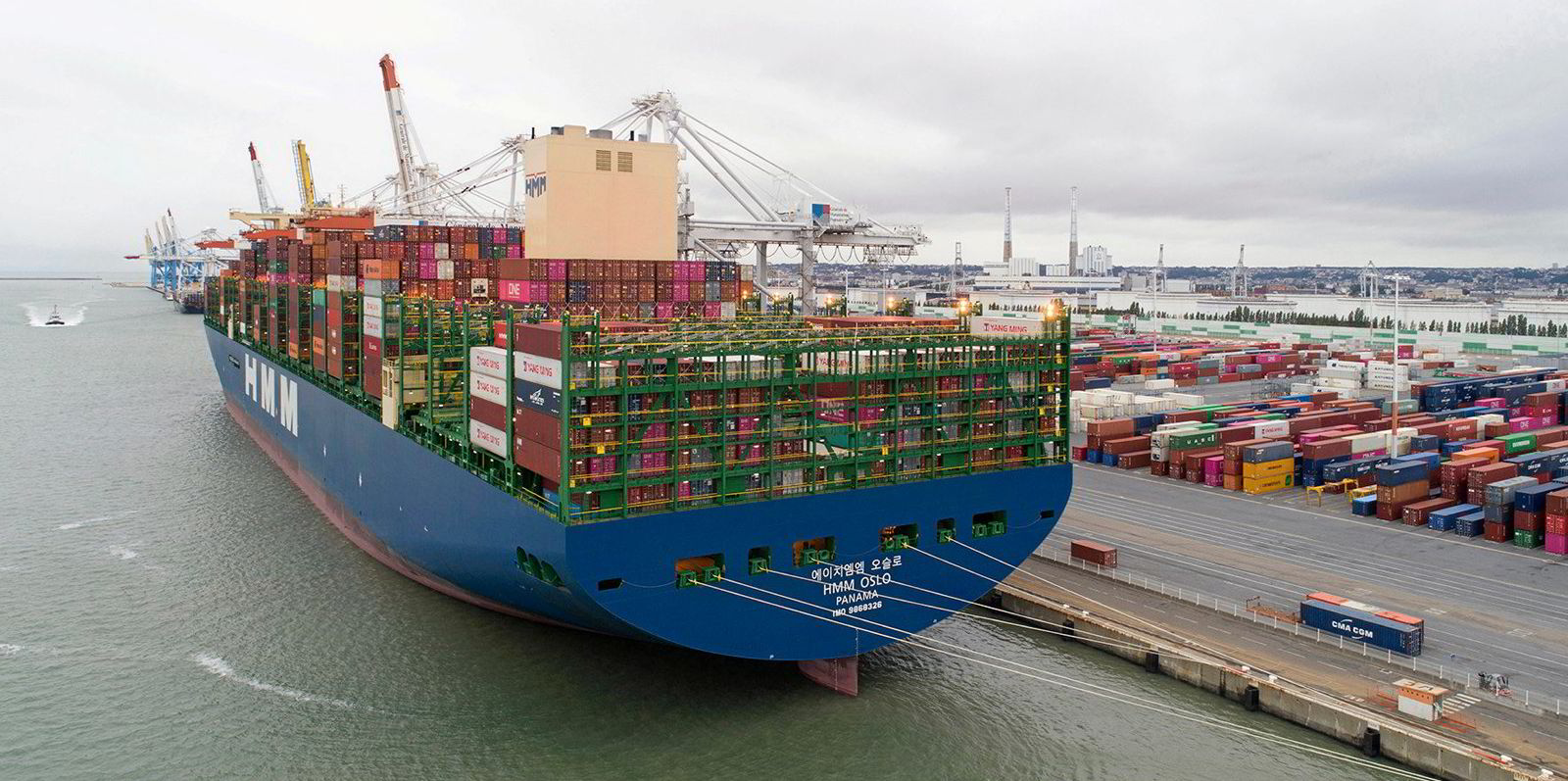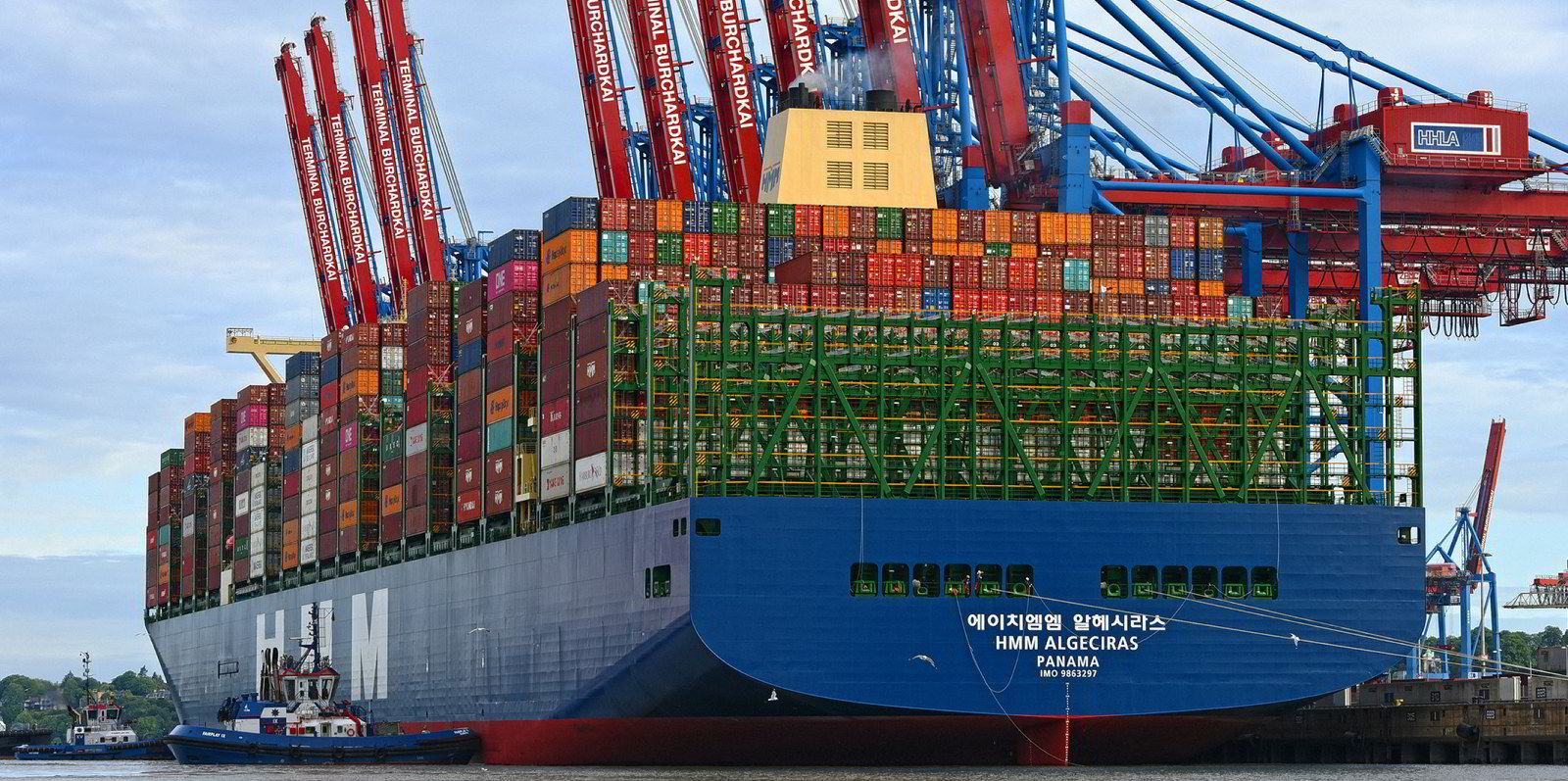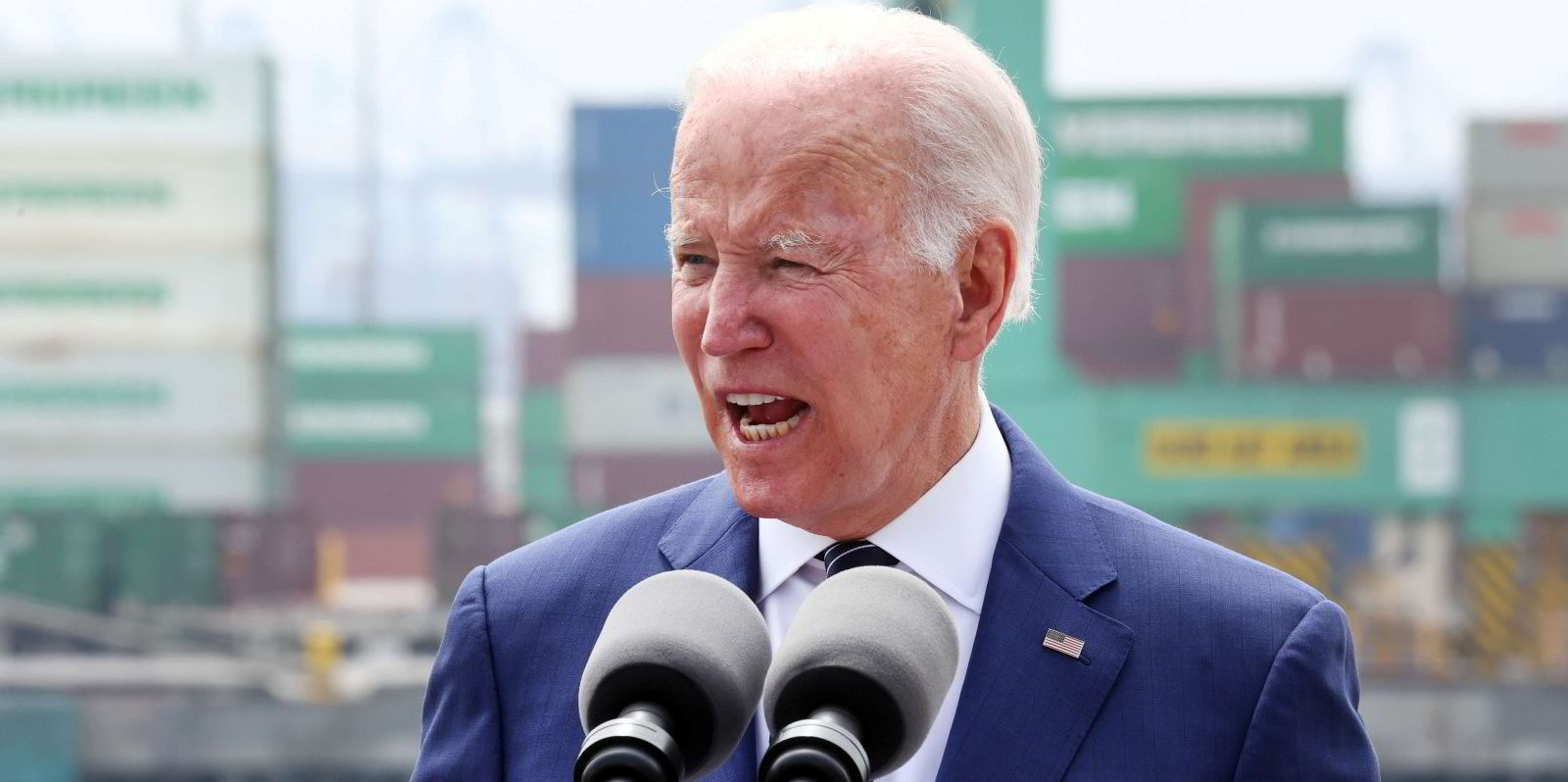Shipping lines are bracing for worsening congestion in northern Europe in the run-up to peak season.
The concerns follow the failure to resolve a German dockworkers dispute, resulting in the first strike in the country’s ports for three decades.
Dockers brought the handling of ships to a standstill for several hours on 9 June, increasing long delays, with dozens of container ships waiting to enter ports in Hamburg, Bremerhaven, Emden, Wilhelmshaven and Bremen.
Talks between the Verdi trade union and the Central Association of German Seaport Companies were due to continue this week after they failed to agree on wage demands.
The strikes come “at a difficult time for ports”, according to a note by supply chain portal Zencargo.
Hamburg’s container quays were well beyond their optimum level for terminal efficiency, having reached up to 90% yard utilisation, it said.
“As other North European ports, such as Rotterdam and Antwerp, are suffering from congestion issues, ocean carriers will have fewer options to overland Hamburg imports, and other ports will have to wait with their vessels.”
Congestion in northern Europe has climbed as a result of the war in Ukraine and Covid-19 lockdowns in China.
Many container yards are nearing full capacity as sanctions against Russia have resulted in boxes left in ports that cannot be delivered.

Hamburg port logistics company HHLA, which operates three container terminals in Germany’s largest seaport, also warned of problems in ship handling due to the strikes.
Other northern European ports remain severely congested following a build-up of empty containers after carriers blanked one-third of their sailings during the two-month lockdown of Shanghai.
Some carriers have resorted to using Zeebrugge and Wilhelmshaven to store many of the containers, but they are in danger of reaching full capacity.
Other ports, including Dublin’s MTL terminal, are preventing many carriers from collecting exports due to congestion, Zencargo said.
Liner giant Maersk has omitted the Port of Le Havre in France from its service to Latin America due to operational bottlenecks across European ports.
Capacity crisis
Port congestion means 10.5% of container ships are unavailable due to supply chain delays, which is down from 13.5% in January, according to Sea-Intelligence.
Congestion remains the most important factor influencing container shipping, given a high correlation of capacity with freight rates, the Danish analyst added.
Port congestion has also worsened schedule reliability.
The strikes in Germany come ahead of pending labour negotiations in the US, which some observers fear could fuel congestion off the west coast.
The number of container ships waiting off the US coast has improved in recent months: 92 were waiting on 10 June, down from 150 in January and February, according to MarineTraffic and the Marine Exchange.
Around 20 were waiting in the Los Angeles and Long Beach, 89 fewer than the record of 109 on 9 January.
But this could swiftly change. Many observers expect a surge in cargoes once lockdown restrictions in China are fully lifted.






